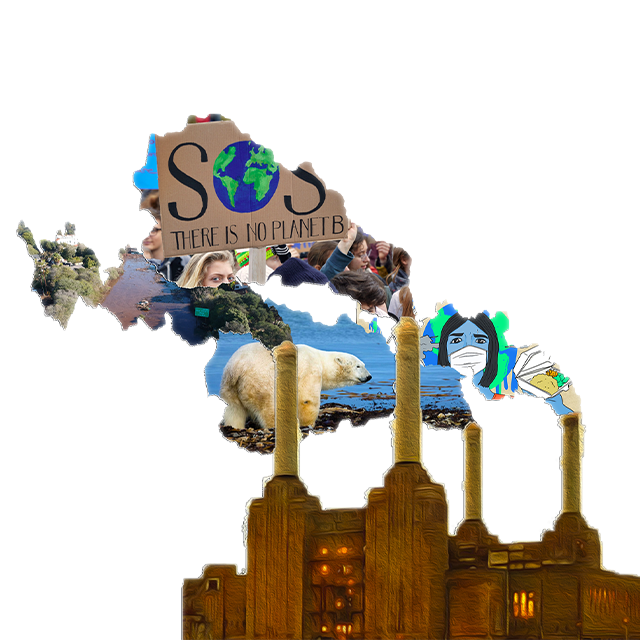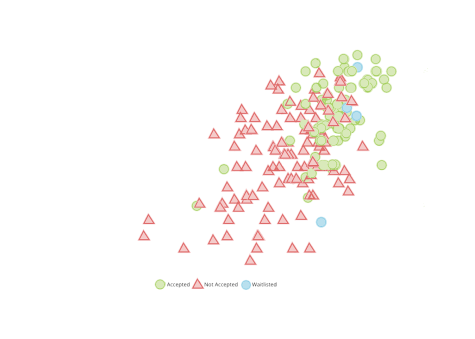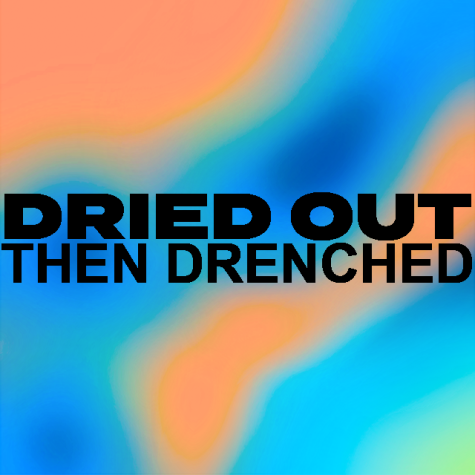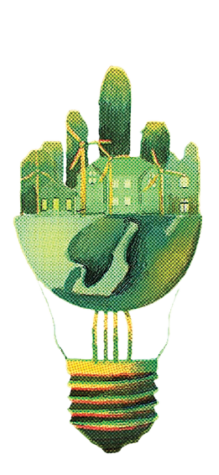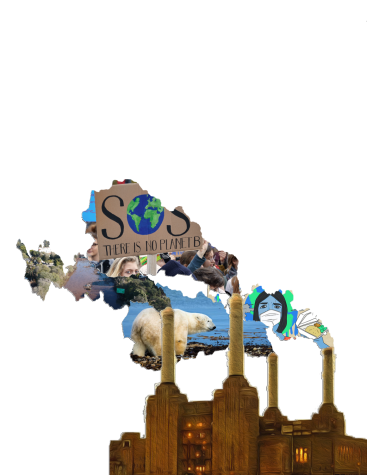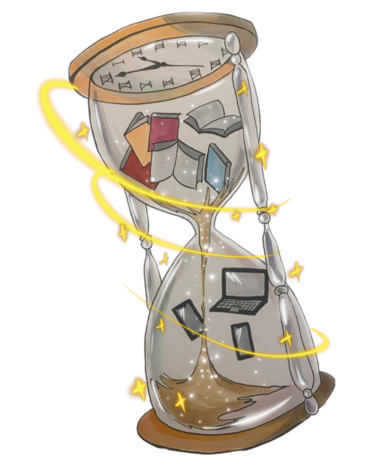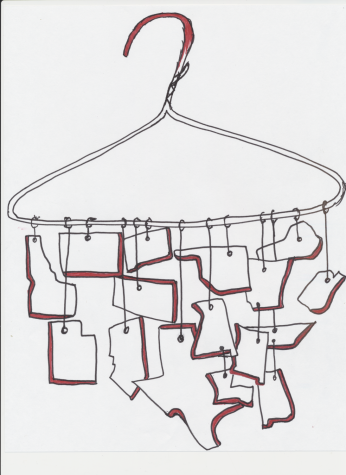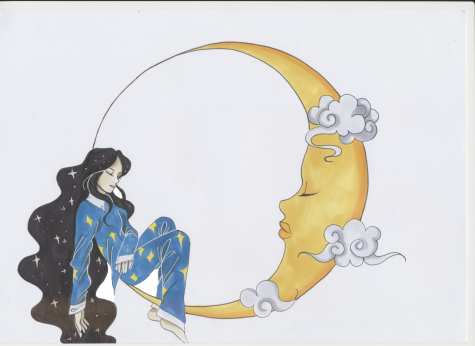Eco-Anxiety
Climate change is one of the biggest threats to global health–mental health in particular–of the 21st century.”
April 10, 2023
Climate change has been a looming presence for the entirety of the younger generations’ lives. Millennials and Gen Z have grown up with the knowledge of a constant threat to their future and their world, but the effect this has had on their mental health has been widely ignored until very recently.
Eco-anxiety, as defined by the American Psychology Association (APA), is a “chronic fear of environmental doom.” It’s by no means an official diagnosis, but it is recognized as a component of mental illnesses such as PTSD and anxiety.
Climate change, as a global issue, is one of the most widespread sources of stress for the entire population; according to a 2018 survey by the Yale Program on Climate Communication, more than half of the American population feels “helpless” in regards to global warming.
This feeling of powerlessness is even more prevalent in younger generations, as they are the ones who will live the longest with the long term repercussions of climate change. Awareness of climate change became widespread before Gen Z was even born, and the threat it has on their futures has been hammered into them from an early age. They’ve essentially been fighting an uphill battle against climate change their entire lives, so it’s not surprising that the emotional strain of an ever declining world take its toll.
Finding professional treatment for eco-anxiety is difficult; the term wasn’t defined by the APA until 2017, and specialized forms of therapy and other treatment are new and uncommon. It’s also impossible to find an impartial opinion on the issue; everyone is lated worries in the midst of helping their clients.
Eco-anxiety isn’t purely the fear of rising sea levels or the destruction of the atmosphere; it also applies to trauma produced by extreme weather events caused by a rapidly changing climate.
The California wildfires, most notably the Thomas Fire and the resultant mudslides, devastated the Santa Barbara area, and the distress this caused the community is a form of eco-anxiety.
In the midst of so much panic surrounding climate change, it’s easy to feel helpless towards effects of global warming. Eco-anxiety is more common than many people think, and it’s important to balance action with well being. The climate’s fate isn’t sealed, but it’s necessary to take action against climate change and be conscious of its current path.



